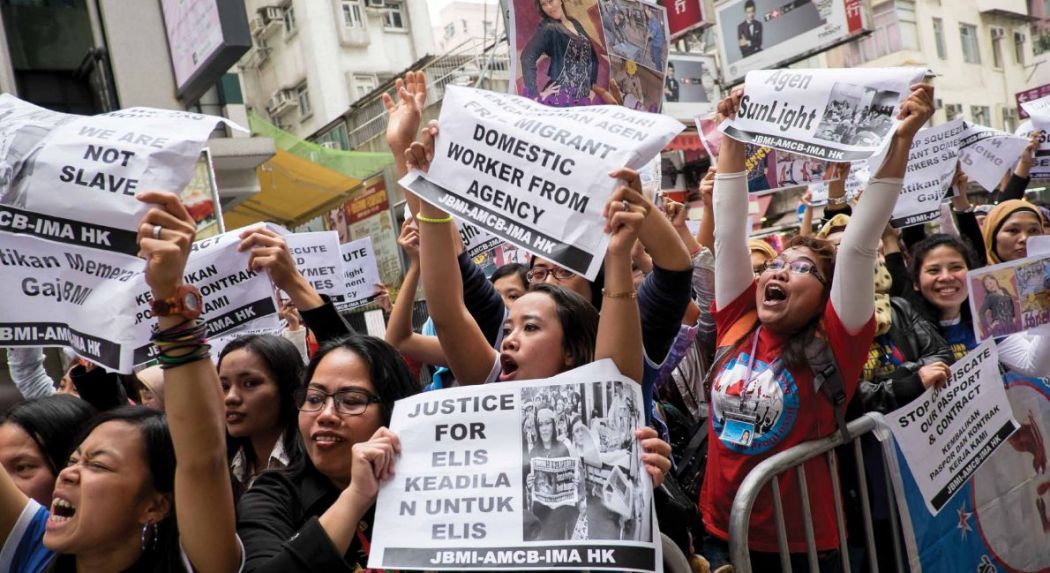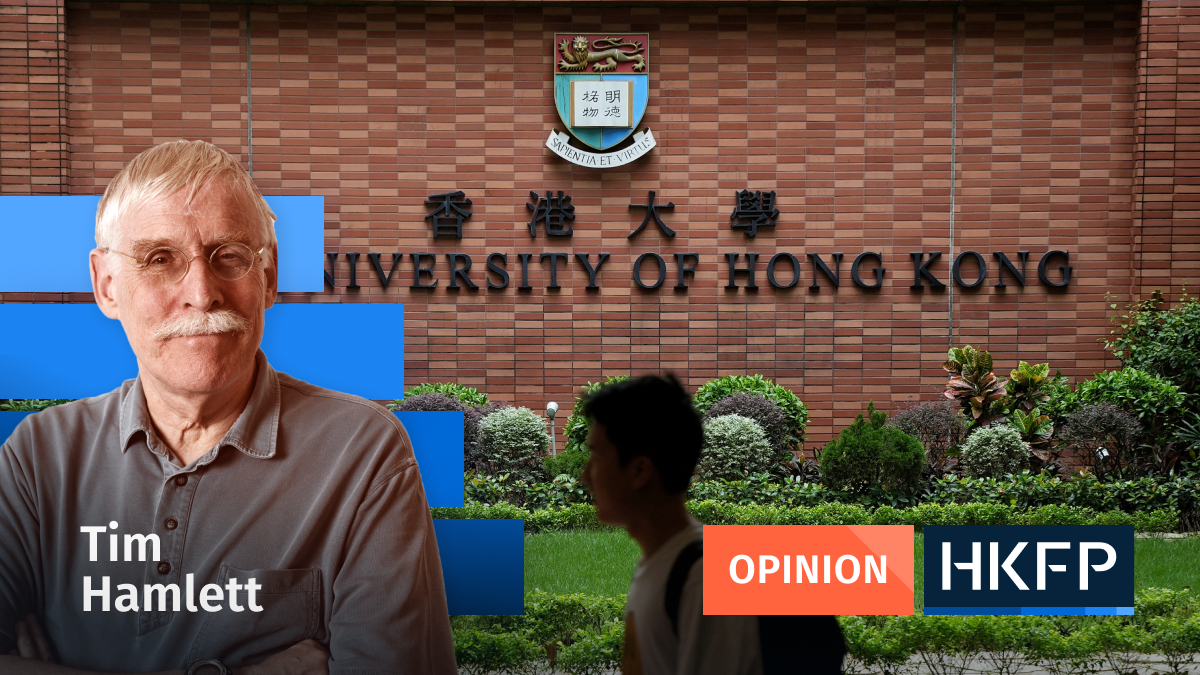Chihoko Asada-Miyakawa, ILO Regional Director for Asia and the Pacific
As the Covid-19 pandemic slowly abates, it is time for countries in Asia and the Pacific to provide better social protection for domestic workers and fully recognise and regulate their work as equal to any other.

According to an International Labour Organization (ILO) publication launched on Thursday, “Making the right to social security a reality for domestic workers,” more than two thirds of domestic workers in the Asia-Pacific are not covered by even one social security benefit.
Three in five domestic workers in this region are still excluded from labour law protections and over 70 per cent have no legislated limit on working time.
The vast majority of domestic workers are women and therein lies the root cause of the lack of labour and social protection. Domestic and care work have long been done in the household by women, without pay or recognition. Today, women employed as domestic workers are mostly internal and international migrants. Barriers to improving their rights are deeply rooted in patriarchal and hierarchical systems which undervalue women’s work and see homes as private spaces that should not be regulated as a place of work. Breaking down these barriers can be challenging for those who cling to such traditions.

Ratification of the ILO’s Domestic Workers Convention, 2011 (No. 189) and the Violence and Harassment Convention, 2019 (No.190) would go a long way to building new norms where care and domestic work are respected and women workers are valued and safe. Although the Domestic Workers Convention was adopted eleven years ago today and 52 per cent of the world’s domestic workers are in Asia and the Pacific, only the Philippines in this region has ratified this Convention. Only Fiji has ratified the Violence and Harassment Convention. We can do better.
The Covid-19 pandemic highlighted existing inequalities. It also led to recognition that undervalued and low-paid workers, including garbage collectors, care workers, domestic workers, and transport workers who risked their lives to keep our societies functioning during lockdowns, are indeed “essential workers”.
With whole families working and studying from home during lockdowns, domestic workers kept households running smoothly. Many stayed on to do this work even though their workloads and hours increased, as did their isolation from family, friends and support services.
Yet domestic workers were still dismissed because employers were worried about catching Covid from them. Most employers were not obliged to give severance pay, and, on top of that, domestic workers usually found themselves excluded from Covid-19 social assistance programmes. Migrant domestic workers were also stranded as international borders closed and returning home become impossible. As a result, families dependent on the remittances of domestic workers faced hardships.

Despite all the challenges, some progress is being made. For example, in Malaysia domestic workers can now be registered with the Social Security Organisation, and in Thailand the regulation governing domestic work is under review by the Ministry of Labour with a view to ensuring better working conditions.
Domestic workers across the region have formed their own groups to advocate for their rights. The ILO has long supported domestic worker groups to share their experiences, learn from each other and lobby for protection under the law. The ILO also works to ensure domestic workers have access to legal services, social assistance, and training. No matter what country they are in, all domestic worker groups call for recognition of their work and regulated, decent working conditions.
Regional governments can and should take action to change the attitudes, laws and practices which have left domestic workers so vulnerable. Every household that employs one must ensure they are paying at least minimum wage and overtime pay; that they sign workers up to social security and insurance schemes where they exist; that they work in safety and free from violence and harassment; and that workers have regular hours and rest days.
The essential work that domestic workers do must be acknowledged and rewarded by adopting and implementing legal frameworks guaranteeing their rights, and by providing social protection which gives long-term security to them, their families and their communities.
Chihoko Asada-Miyakawa is the International Labour Organization’s Regional Director for Asia and the Pacific.
Support HKFP | Policies & Ethics | Error/typo? | Contact Us | Newsletter | Transparency & Annual Report | Apps
| HKFP is an impartial platform & does not necessarily share the views of opinion writers or advertisers. HKFP presents a diversity of views & regularly invites figures across the political spectrum to write for us. Press freedom is guaranteed under the Basic Law, security law, Bill of Rights and Chinese constitution. Opinion pieces aim to point out errors or defects in the government, law or policies, or aim to suggest ideas or alterations via legal means without an intention of hatred, discontent or hostility against the authorities or other communities. |
Help safeguard press freedom & keep HKFP free for all readers by supporting our team

More HKFP OPINION:
HKFP has an impartial stance, transparent funding, and balanced coverage guided by an Ethics Code and Corrections Policy.
Support press freedom & help us surpass 1,000 monthly Patrons: 100% independent, governed by an ethics code & not-for-profit.








